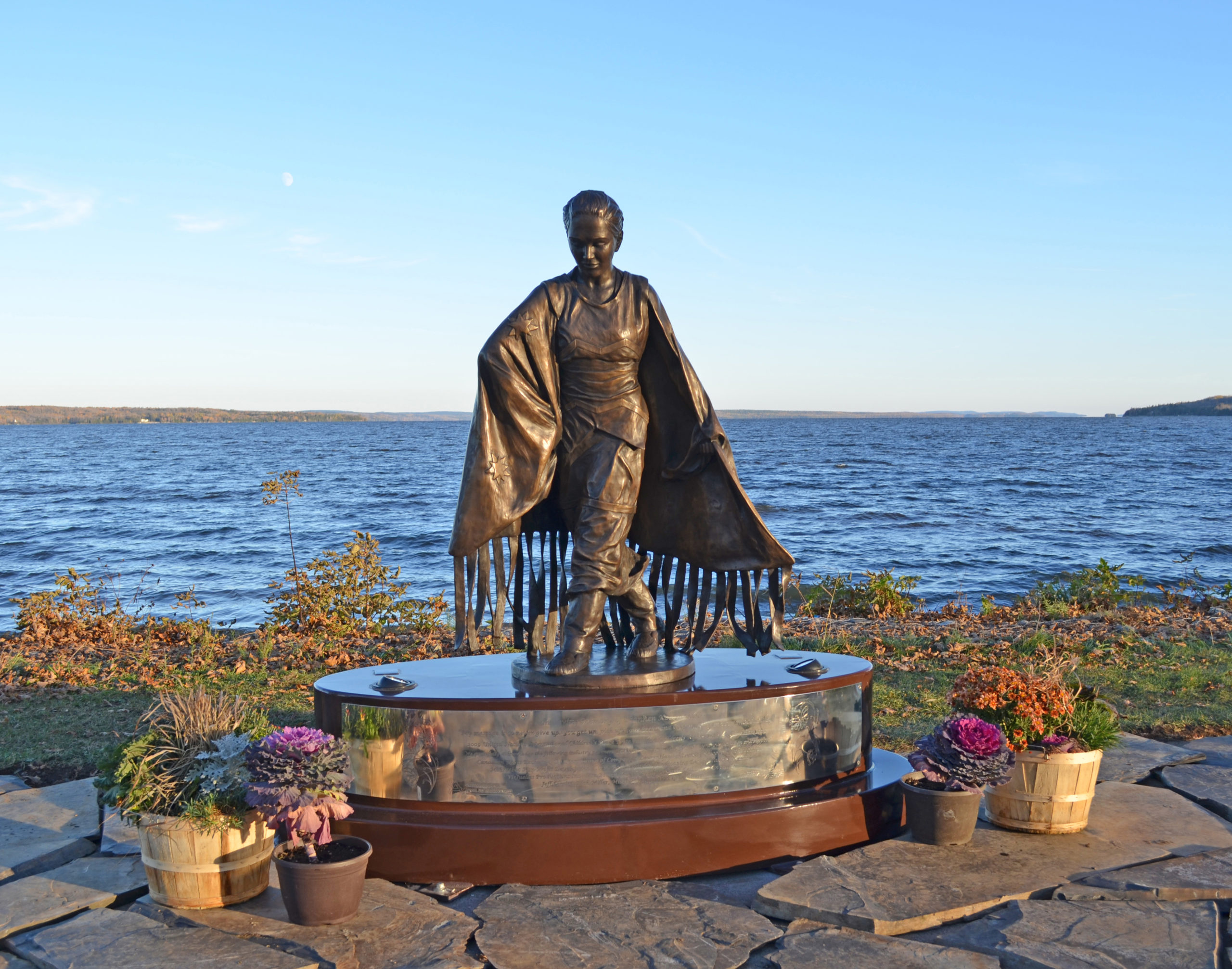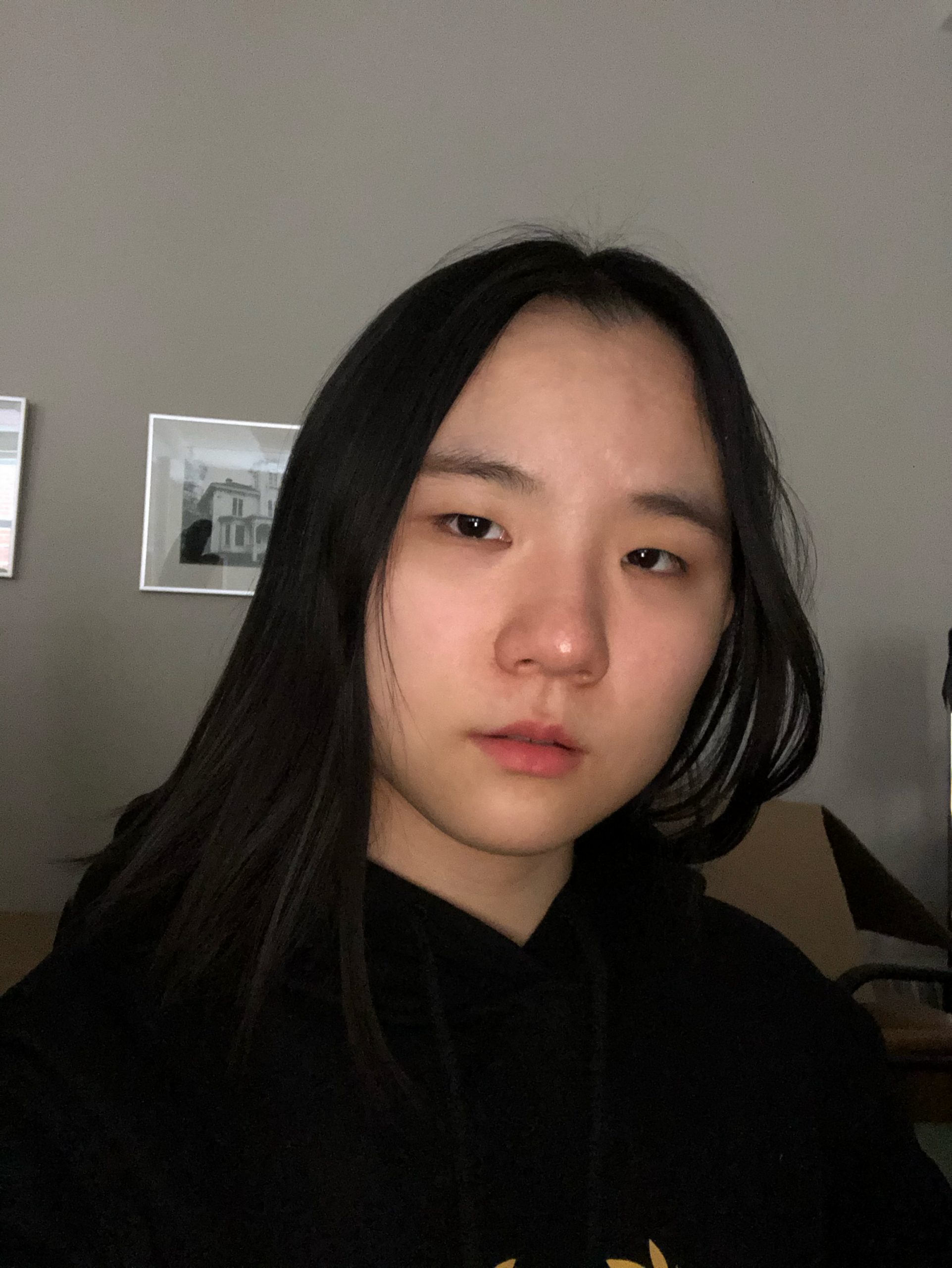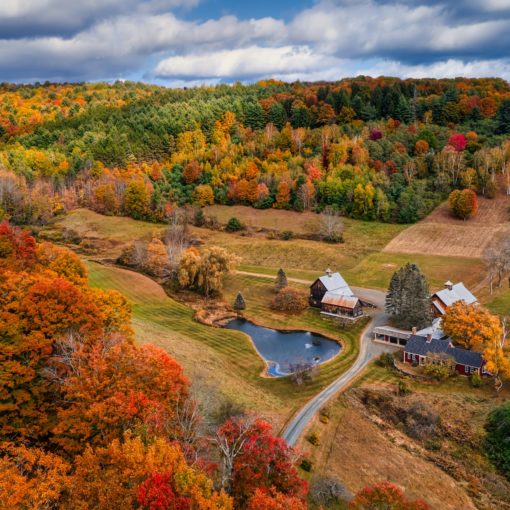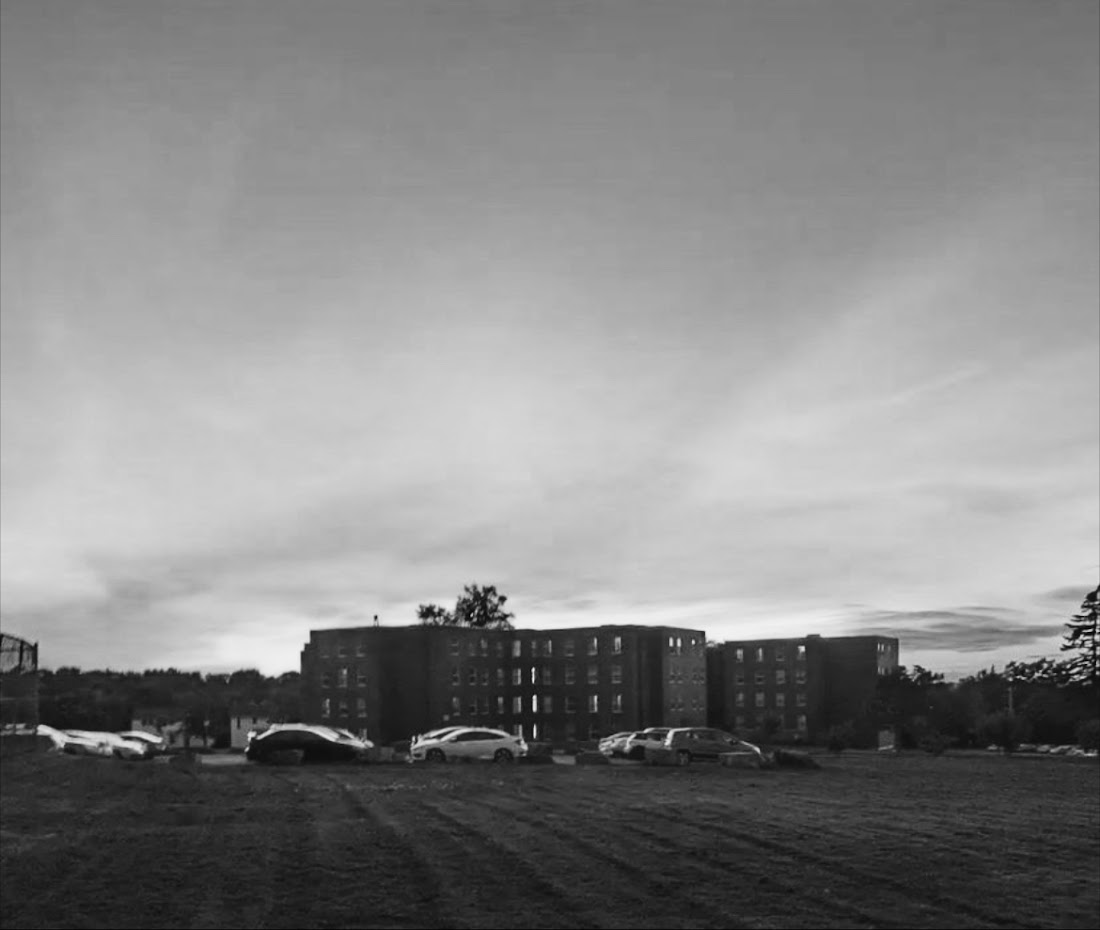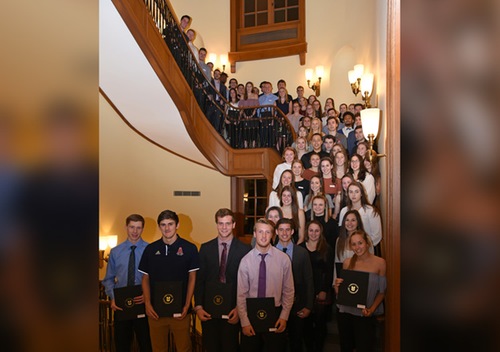Reconciliation is a continuous and long-term effort rather than a finite goal. This challenges the common misconception that reconciliation has a clear and definitive outcome. “We are the future. We are the ones who will make the world a better place” said Shannen Koostachin (1994-2010). Shannen was a child activist from the First Nation of Attawapiskat who gained recognition for her advocacy for education for Indigenous children. She led the “Shannen’s Dream” campaign to ensure Indigenous students had equal access to safe and culturally relevant education. Reflecting on this speech, I began questioning whether we truly understand and engage enough to claim that we will improve the world. A better world for whom? For Indigenous peoples who have suffered for years due to colonization and racism, or for us, to secure our privileges?
On October 31, 2024, Acadia had the honour of hosting Kory Wilson as part of the Acadia students’ Integrated Work Learning (WIL) initiative in partnership with Mi’kmaw Kina’matnewey (MK), which is a Mi’kmaq education authority in Nova Scotia that works to promote and manage education for Mi’kmaq students across the province. Kory is the Executive Director of Indigenous Initiatives and Partnerships at the British Columbia Institute of Technology, the President of the BC First Nations Justice Council, and a member of the BC Law Society.
During her keynote address, titled “ReconciliACTION – Your Role” Kory emphasized that every person in Canada has a role to play in reconciliation. But what does this mean? What is reconciliation? Kory acknowledges that answering these questions can be challenging, even for those in academia. However, she asserts that it is our responsibility as community members to contribute to a deeper understanding of these issues.
For Kory Wilson, reconciliation generally refers to any action that addresses disparities and promotes systemic change. “In terms of terminology, reconciliation is anything that closes the gap, anything that will lead to systemic change, anything that will lead and improve the lives of Indigenous peoples and their communities and help them be self-determining, whatever that self-determination looks like for themselves; and indigenization, to me, is any action that leads towards that. The reason I use that type of definition is because if we can have all of these things, a lot of times people think, “Well, then there’ll be an end to reconciliation. (…) There will be no end to reconciliation until Indigenous people are on par with non-indigenous people” explains Kory Wilson.
We cannot discuss reconciliation without addressing the issue of parity, which remains a distant reality for Indigenous peoples in Canada. Kory explores the reasons behind the negative socioeconomic outcomes faced by Indigenous communities she shared. Indigenous families strive to provide their children adequate food, shelter, clothing, and education. Additionally, some prisons in Canada report a 100% Indigenous inmate population. It is also important to note that Indigenous peoples have the highest suicide rates in the country, with rates approximately 65% higher than the national average.
What is our role in the process of reconciliation? To find an answer to this question, the following steps are important in advancing reconciliation:
1. Recognize and understand the truth: Understanding the truth about Indigenous peoples in Canada is crucial. We must acknowledge prejudice and racism and act for meaningful change.
2. Self-awareness: When facing challenges, we must consider our actions.
3. Recognize our privileges.
4. Recognize our biases: bias is an inherent part of human nature that will always exist.
5. Distinguish equity and equality: Equality means every individual or group receives the same resources or opportunities. In contrast, equity acknowledges individual circumstances and allocates specific resources for equal outcomes.
With all this in mind, you might wonder, “What’s next?”. If everyone around you is similar, it highlights a problem. Striving for diversity and inclusion enhances innovation.
According to Kory, we can recognize that we are accomplices with this understanding: “I ask everyone not to use that word, Ally. Ally to me is somebody that just stands beside you and is there for the photo walk. (…) We don’t want you as an ally because we only want accomplices. Allies or people that are there for the photo op there for, you know, for the free lunch that we want to accomplish this people who will do the work with you. The people who will do the work when the cameras not there or that the light is not on when you’re not there. So, we want to make sure that we have accomplices. (…) and this work is really, really hard. Any work, whether it’s with Indigenous people, whether it’s with other underrepresented groups, is a work really hard. If it doesn’t upset you, if it doesn’t make you sad, if it doesn’t make you want to fight, it doesn’t make you feel guilty, if it doesn’t give you all of those feelings, then you’re not doing enough. You’re not pushing enough. Systemic change requires hard work. And know that in reconciliation, you will make a mistake. I make mistakes. Everyone will make a mistake in reconciliation. But what matters the most is how you recover from that.”
Kory’s reflection prompts us to consider how institutions like Acadia University can move from passive support to active engagement in reconciliation. What specific actions can they implement that go beyond superficial gestures? How can they contribute to systemic changes that result in real improvements for Indigenous communities? We must ask ourselves these questions to make meaningful reconciliation progress.
Ultimately, to build a better world, it is essential that we actively participate in the reconciliation process to promote equity. This requires a deep understanding of the realities faced by Indigenous peoples and an acknowledgment of the impact of historical injustices. After learning from Kory, I realized that when Shannen Koostachin says, “We are the ones who will make the world a better place,” the “we” refers to our collective responsibility. Progress can only happen when each fully understands our role in the reconciliation process.
*Daniel Saunite Filho is a Master’s student in the Department of Politics.

